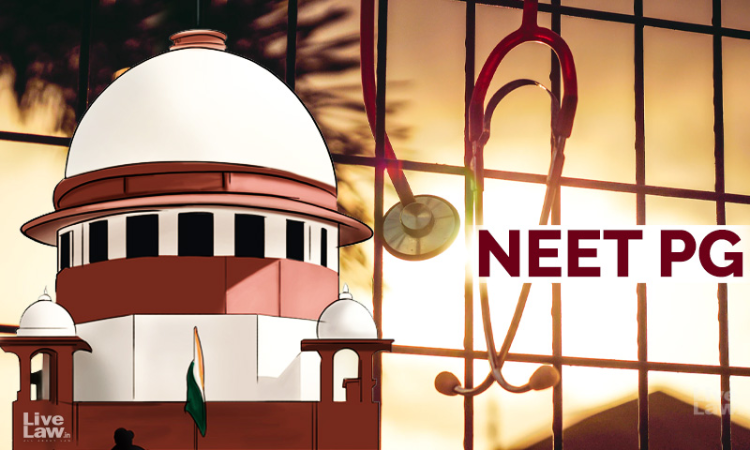2500 PG Seats Removed From 'Just Merit' Due To OBC Quota In NEET-AIQ : Petitioners To Supreme Court
Shruti Kakkar
7 Oct 2021 8:14 PM IST

Next Story
7 Oct 2021 8:14 PM IST
Challenging the Centre's notification of granting 27% reservation for OBC in 50% All India Quota ("All India Quota") seats in admission to medical courses, Senior Advocate Shyam Divan told Supreme Court that the Centre's decision to implement 27% reservation in AIQ had resulted in the removal of 2500 Post Graduate seats from the realm of "just merit". "Society requires...
